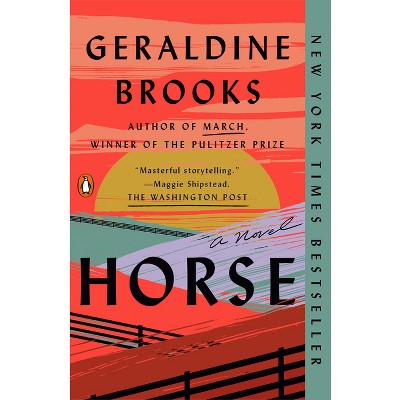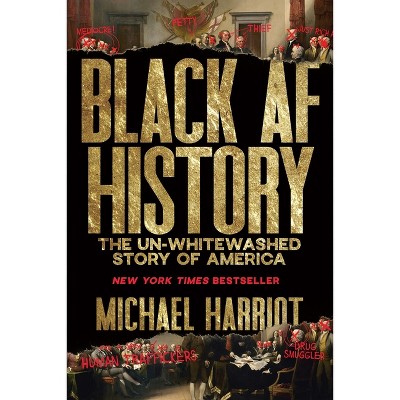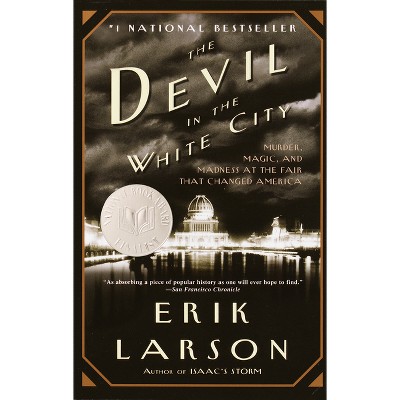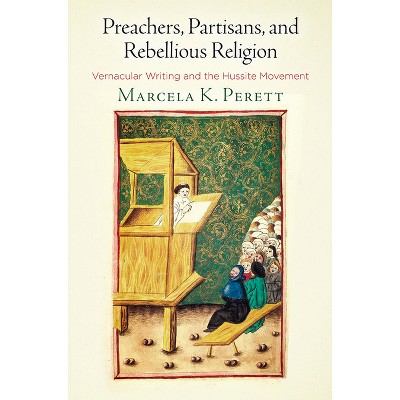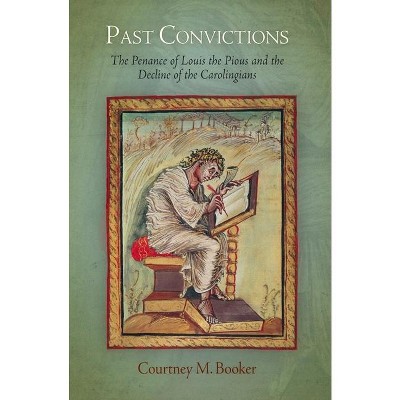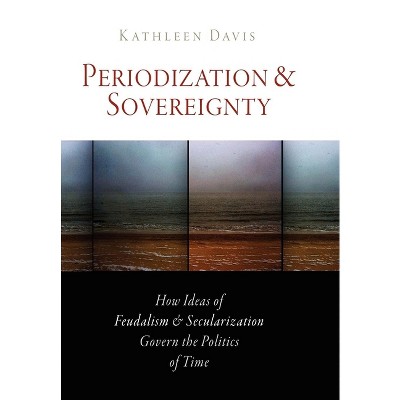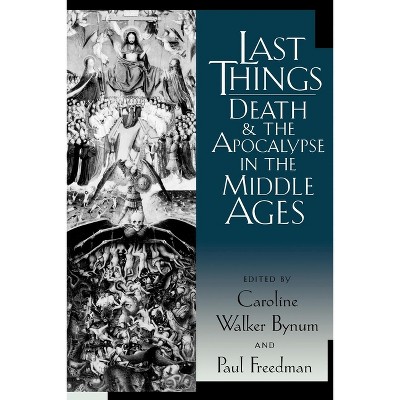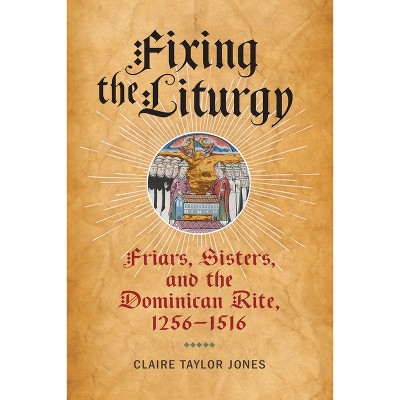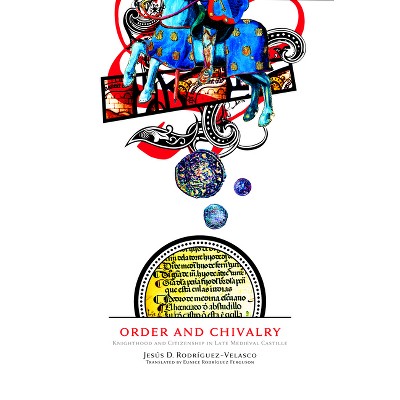In the Manner of the Franks - (Middle Ages) by Eric J Goldberg (Hardcover)

About this item
Highlights
- Eric J. Goldberg traces the long history of early medieval hunting from the late Roman Empire to the death of the last Carolingian king, Louis V, in a hunting accident in 987.
- About the Author: Eric J. Goldberg is Associate Professor of History at the Massachusetts Institute of Technology.
- 384 Pages
- History, Military
- Series Name: Middle Ages
Description
About the Book
"This book seeks to understand the connections between hunting, kingship, and masculinity in early medieval Europe. To answer this question, Goldberg traces the dynamic history of hunting from the late Roman empire, through the eras of the Merovingian and Carolingian dynasties, up to the death of the last Carolingian king, Louis V-fittingly, in a hunting accident-in 987. He argues that hunting played a fundamental role in the creation of aristocratic status and manhood throughout these centuries. Moreover, he demonstrates how hunting experienced a number of significant developments during this era that reflected and shaped larger changes in politics and society. Not only did cynegetic techniques, law, and geography evolve across the centuries, but the Carolingians also transformed the activity into a symbol of Frankish kingship and political identity. This connection between hunting, kingship, and Frankishness first emerged under Charlemagne (768-814), reached its highpoint under his heir Louis the Pious (814-840), and continued under Louis's sons. Carolingian royal hunting then experienced a long period of transformation during the later ninth and tenth centuries until Louis V's death. In the end, the Carolingians' emphasis on the hunt as a badge of royal power and Frankish identity endured long after the end of their dynasty"--Book Synopsis
Eric J. Goldberg traces the long history of early medieval hunting from the late Roman Empire to the death of the last Carolingian king, Louis V, in a hunting accident in 987. He focuses chiefly on elite men and the changing role that hunting played in articulating kingship, status, and manhood in the post-Roman world. While hunting was central to elite lifestyles throughout these centuries, the Carolingians significantly altered this aristocratic activity in the later eighth and ninth centuries by making it a key symbol of Frankish kingship and political identity. This new connection emerged under Charlemagne, reached its high point under his son and heir Louis the Pious, and continued under Louis's immediate successors. Indeed, the emphasis on hunting as a badge of royal power and Frankishness would prove to be among the Carolingians' most significant and lasting legacies.
Goldberg draws on written sources such as chronicles, law codes, charters, hagiography, and poetry as well as artistic and archaeological evidence to explore the changing nature of early medieval hunting and its connections to politics and society. Featuring more than sixty illustrations of hunting imagery found in mosaics, stone sculpture, metalwork, and illuminated manuscripts, In the Manner of the Franks portrays a vibrant and dynamic culture that encompassed red deer and wild boar hunting, falconry, ritualized behavior, female spectatorship, and complex forms of specialized knowledge that united kings and nobles in a shared political culture, thus locating the origins of courtly hunting in the early Middle Ages.Review Quotes
"In the Manner of the Franks is an excellent and insightful book that will serve as the standard reference work on the hunt for many years, not only for historians of late Antique and early medieval studies but also for anyone interested in the cultural history of hunting in the Christian West."-- "Helmut Reimitz, Princeton University"
"In the Manner of the Franks is both a history of hunting in the early Middle Ages--who did it, how it was done, what was hunted--and an exploration of the cultural meanings given to hunting...There is a wealth of fascinating information in this book, which includes regular comparisons between the Franks and neighboring peoples and the broader contexts of human history. Throughout, Goldberg seeks to understand the fullest meaning of the expression Einhard used to describe Charlemagne's hunting practices: more Francorum, 'in the manner of the Franks.'"-- "Speculum"
"
In the Manner of the Franks is an insightful and thorough assessment of early medieval European hunting that begins in the late Roman empire and moves through the Merovingian and Carolingian periods, concluding with the death of Louis V 'in a hunting accident--in 987'...[A] valuable contribution to studies of human-environmental
relationships to which readers will doubtless return both as a work of reference and as an important point of embarkation for future investigations of hunting, masculinities, and rituals of power and performance.
"[T]his monograph presents a convincing mosaic of the centrality of hunting in the social and cultural worlds of Carolingian elites...In the Manner of the Franks is without doubt the most sustained treatment in the English language of the intersection between political ideology and hunting practices in Carolingian Europe."-- "Mediaevistik"
"Eric Goldberg's study offers a thoughtful and thorough argument that hunting mattered in the early Middle Ages, above all to male, lay aristocrats, as an integral component of their masculine identity and socio-political hegemony...In Goldberg's discussions, hunting emerges as a dynamic, multivalent activity central to the performance of gender, political communication, and human interactions with the natural world. Goldberg has finally given early medieval hunting the hearing it deserves."-- "Early Medieval Europe"
"This is a genuinely original contribution to the study of early medieval political culture in its broadest sense, grounded in a well-researched study of the practicalities of hunting methods and quarries."-- "Rachel Stone, King's College London"
About the Author
Eric J. Goldberg is Associate Professor of History at the Massachusetts Institute of Technology.Shipping details
Return details
Trending History



